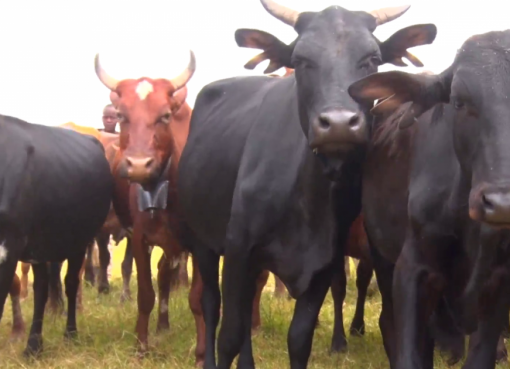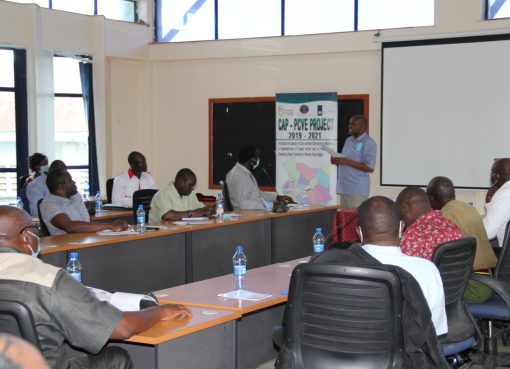The Ministry of Health (MoH) has become the first Sub-Saharan African, through the Kenya Medical Research Institute (KEMRI), to launch a collaborating Centre for cancer research dubbed International Agency Research Centre (IARC) and the Global Initiative for Cancer Registries (GICR) for Sub-Saharan Africa.
IARC is a research centre for cancer prevention that aims to be the leading epicenter of excellence in research for human health and it aims at promoting international collaboration in cancer research and improving human health and quality of life through research and capacity building.
The research centre was launched due to challenges that were faced in Sub-Saharan Africa that included lack of awareness of need for cancer research, funding, inappropriate scaling, lack of trained personnel, lack of cooperation of health personnel, poor access of information on cancer cases, poor medical information systems, and access to mortality data among others.
Speaking yesterday during the event, Ministry of Health (MoH) Head of Directorate of Standards and Regulation, Dr Simon Kibias, in a speech read on behalf of MoH, Kenya, Director General Dr Patrick Amoth, assured that the center will go a long way in supporting cancer registration in the entire region.
“Cancer data is important within the cancer control continuum as it helps to document the cancer burden, informs policy prioritization, guides resource allocation and also helps to generate research hypotheses to guide policy formulation,” said Dr Amoth.
He added that cancer data has not been well established in Kenya and research-based cancer registries were primarily started by KEMRI and that the MoH has also been formulating policies to guide the implementation of cancer interventions, as guided by the Kenya Cancer Policy 2019-2030 within the constitutional framework of striving to provide the highest attainable health services in Kenya.
“As we launch this KEMRI/IARC/GICR collaboration center for training on cancer registration, I wish to congratulate KEMRI for the role it has played in cancer registration in Kenya and by this Kenya has been a globally recognized region center for cancer registration,” he added.
In his concluding remarks, Dr Amoth pointed out that the future is bright and with the initiative and the ongoing work, cancer registration will be strengthened to better inform cancer policy and planning towards reducing the cancer burden in Kenya and improving the quality of life for cancer patients.
A representative from KEMRI, Prof Elijah Sonkok, who spoke on behalf of their Director General Samuel Kariuki, stated that their activities are based on research, capacity building, innovation and service delivery.
He added that data is very important for research and that without data one cannot be able to make policy, get tools and conduct activities in the strategies and also challenges related to funding and personnel will be curbed.
“We are happy because the research has helped in curbing some of the challenges in Sub-Saharan Africa, and we are looking forward to improving capacity and accessible cancer registration in Kenya and also to load more personnel in the sector,” added Sonkok.
IARC Head of Cancer Surveillance Dr. Freddy Bray said that they have been working with cancer registries worldwide for over 50 years, providing standards for the collection and reporting of cancer incidents and survivals internationally, particularly in countries delivering technical assistance to where the need and support is more critical.
“There is an overwhelming need for adequate surveillance as a fundamental part of any rational programme for cancer control, therefore, we’ve partnered with GICR to provide a Regional Network Hub for cancer registration in Sub-Saharan Africa and the network aims to improve effectiveness of cancer surveillance by providing technical assistance to identify and overcome challenges in work,” said Dr Bray.
He noted that the timing is right in Kenya, due to the increasing burden, and the need for better data and through the political obligations to tackle cancer adding that through the partnership they can increase the quality, availability and use of data to inform on cancer control both in Kenya and globally.
By Edna Okoth and Rita Muthoni





